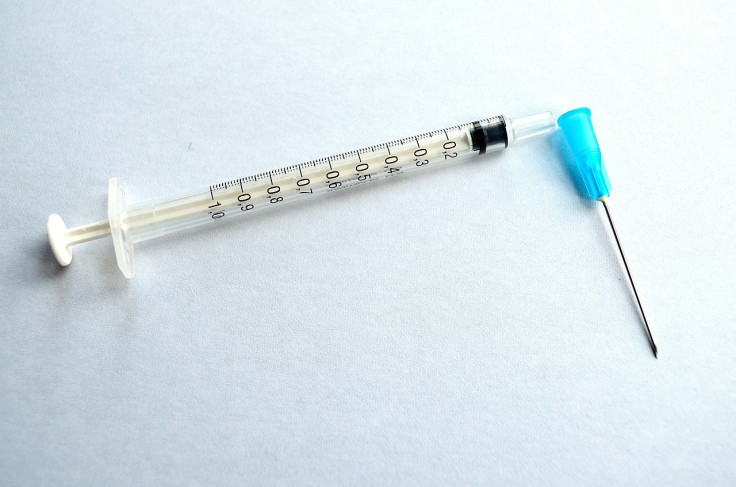Zika Virus Vaccine Research 2017: First US Volunteer Vaccinated In Trial

An experimental Zika vaccine trial moved into its next phase of testing; the first volunteer was vaccinated in the United States at the Baylor College of Medicine in Houston.
The study is expected to involve at least 2,490 healthy people from across the U.S., Puerto Rico, and 5 at-risk countries, according to a news release from the National Institutes of Health.
Read: Is There A Cure For Zika? Everything You Need To Know About The Mosquito-Borne Disease
“It is imperative that public health research continue to work to contain the spread of the virus,” Anthony Fauci, director of NIH’s National Institute of Allergy and Infectious Diseases, told Medical Xpress.
In the first stage of the study, the DNA vaccine was determined to have no side effect concerns. The next steps include identifying the best dose to give a healthy adult, and then a large group of volunteers will receive it and be tracked for two years.
Unlike traditional vaccines, which use dead or weakened viruses, this experimental vaccine uses DNA from the Zika virus to alert your body of infection, but it won't lead to one.
“I’m totally intent on getting this vaccine to the point it can be a usable vaccine,” said Fauci.
The study is expected to be completed by 2019, the NIH reports. Currently, there is no vaccine or drug available to fight against ZIka.
The Zika virus is transmitted through mosquito bites, from a pregnant woman to her fetus, through sex, and most likely through blood transfusion. Some of the common symptoms of the virus include fever, rash, joint pain, and red eyes.
See also: A Brief History Of Zika Virus, From Its Discovery In The Zika Forest To The Global Outbreak Today



























